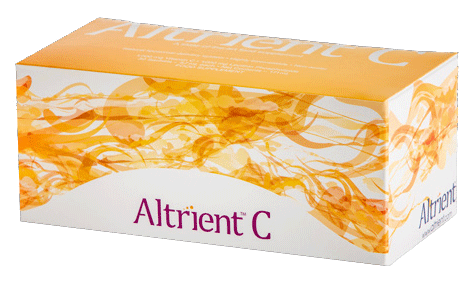LypoVitamins.Com
Posted by Admin on Monday, March, 03 2014 and filed under Research
Levine GN, Frei B, Koulouris SN, Gerhard MD, Keaney JF Jr, Vita JA. Ascorbic acid reverses endothelial vasomotor dysfunction in patients with coronary artery disease. Circulation. 1996 Mar 15;93(6):1107-13.
BACKGROUND: In the setting of atherosclerosis, endothelial vasomotor function is abnormal. Increased oxidative stress has been implicated as one potential mechanism for this observation. We therefore hypothesized that an antioxidant, ascorbic acid, would improve endothelium-dependent arterial dilation in patients with coronary artery disease.
METHODS AND RESULTS: Brachial artery endothelium-dependent dilation in response to hyperemia was assessed by high-resolution vascular ultrasound before and 2 hours after oral administration of either 2 g ascorbic acid or placebo in a total of 46 patients with documented coronary artery disease. Plasma ascorbic acid concentration increased 2.5-fold 2 hours after treatment (46+/-8 to 114+/-11 micromol/L, P=.001). In the prospectively defined group of patients with an abnormal baseline response (<5% dilation), ascorbic acid produced marked improvement in dilation (2.0+/-0.6% to 9.7+/-2.0%), whereas placebo had no effect (1.1+/-1.5% to 1.7+/-1.5%, P=.003 for ascorbic acid versus placebo). Ascorbic acid had no effect on hyperemic flow or arterial dilation to sublingual nitroglycerin.
CONCLUSIONS: Ascorbic acid reverses endothelial vasomotor dysfunction in the brachial circulation of patients with coronary artery disease. These findings suggest that increased oxidative stress contributes to endothelial dysfunction in patients with atherosclerosis and that endothelial dysfunction may respond to antioxidant therapy.

